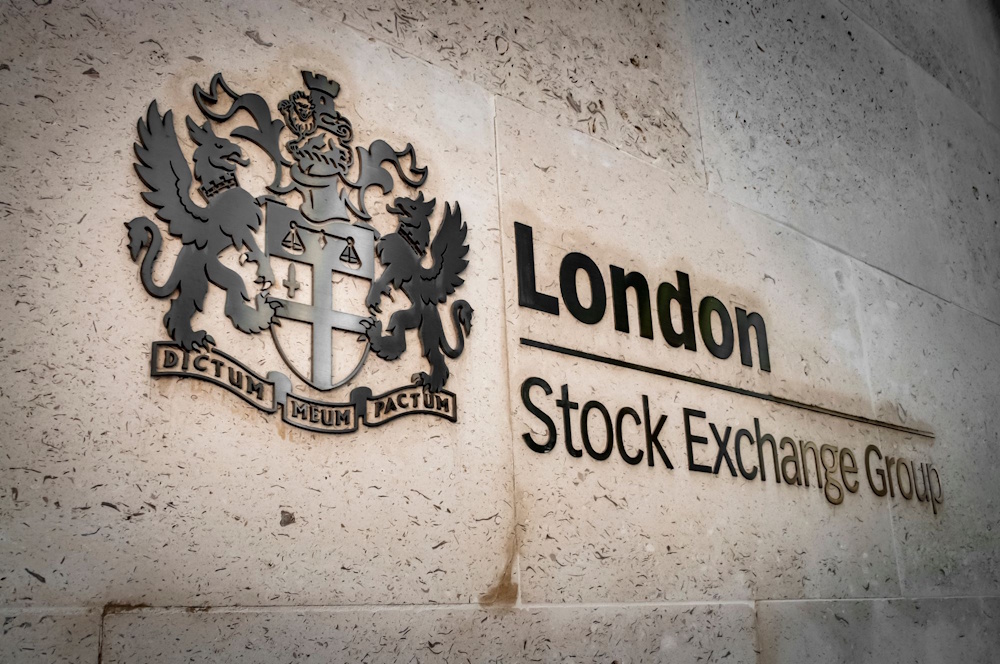
On Thursday, stocks listed in London experienced a decline, as investors took a moment to reassess following a recent rally and closely examined several corporate earnings reports. The blue-chip FTSE 100 was down 0.6% as of 1200, poised to end an eight-session streak of gains, while the domestically focused FTSE 250 was also down 0.7%. The FTSE 100 rose to record highs this week, buoyed by positive results from major players HSBC and GSK. Contributing to the rally were also anticipations of a forthcoming interest rate reduction by the U.S. Federal Reserve.
The U.S. central bank reduced borrowing costs by an anticipated 25 basis points on Wednesday, while suggesting that this rate cut could be the final one for the year. “I genuinely believe that we do see some profit taking after hitting all-time high levels, which can be attributed to the disappointment that the Fed may not lower interest rates when it meets next month,” stated Ipek Ozkardeskayak. Earnings in the UK were gaining momentum. WPP sank 14% to a near two-decade low after new CEO Cindy Rose warned on profit following a downturn at its flagship media buying agency, which resulted in a larger-than-expected decline in third-quarter net revenue. The stock ranked as the least successful entity within the FTSE 100 index.
Automobile stocks took a hit, falling 2.2% after Germany’s Volkswagen booked a 4.7 billion euro charge due to Porsche’s strategy reversal on electric vehicles. In a positive development, Standard Chartered gained 2% after the bank announced it would achieve a key profitability target a year ahead of schedule, while also reporting third-quarter earnings that exceeded expectations. Among others, Shell reported third-quarter results in which the oil major beat profit expectations. However, shares declined by 0.2%, reflecting the downward trend in oil prices.
Shares in British lender Shawbrook surged 6.2% following London’s largest initial public offering in two years. In a separate development, U.S. President Donald Trump announced that he has come to an agreement with Chinese counterpart Xi Jinping to reduce tariffs in return for Beijing’s commitment to address the illegal fentanyl trade.
